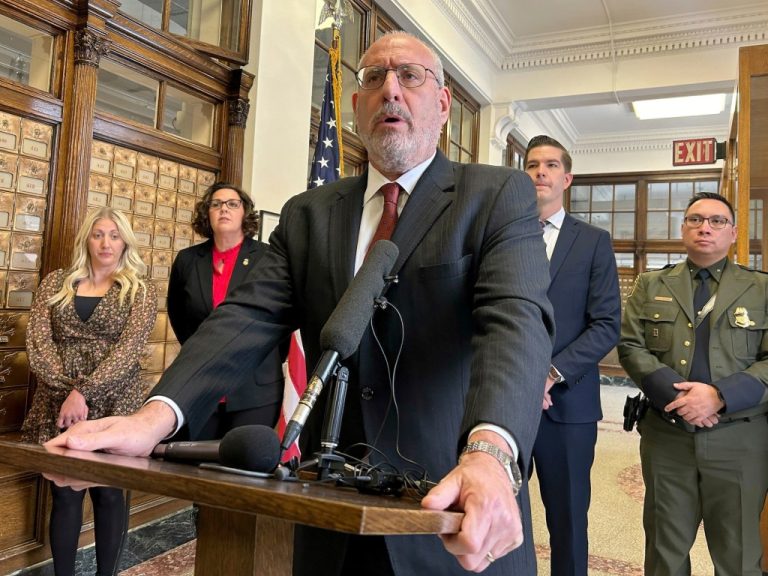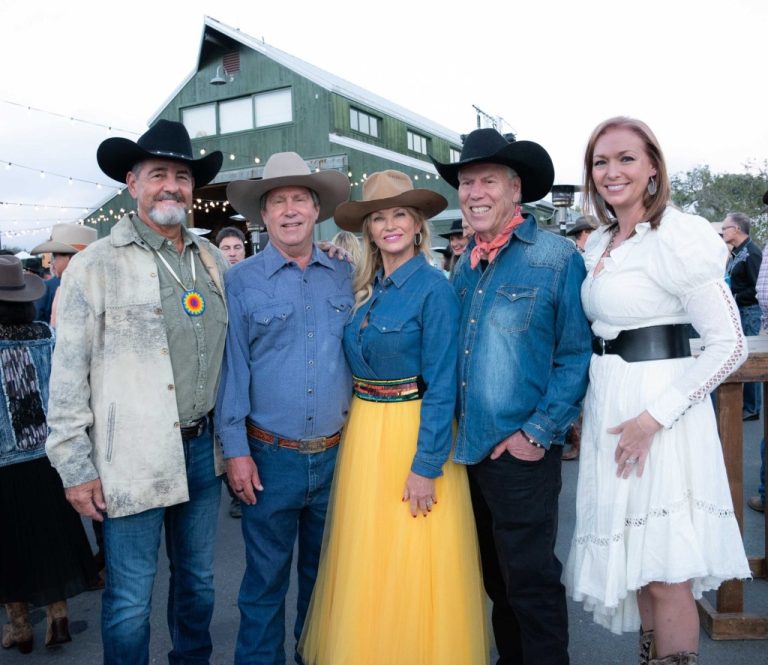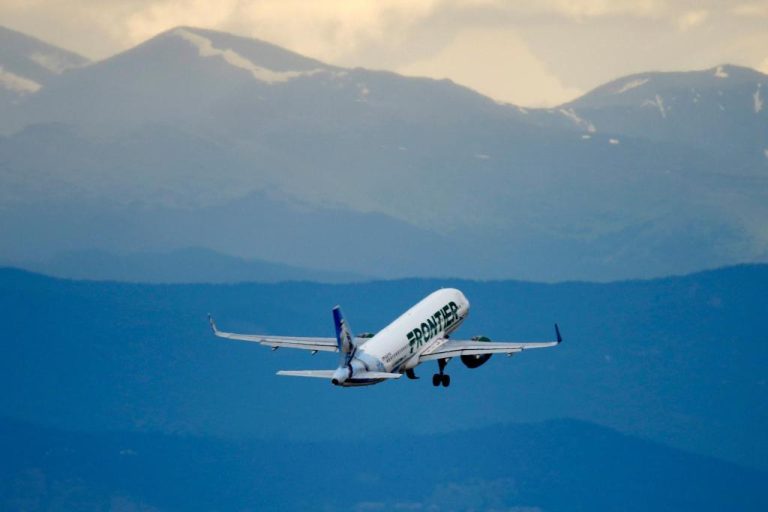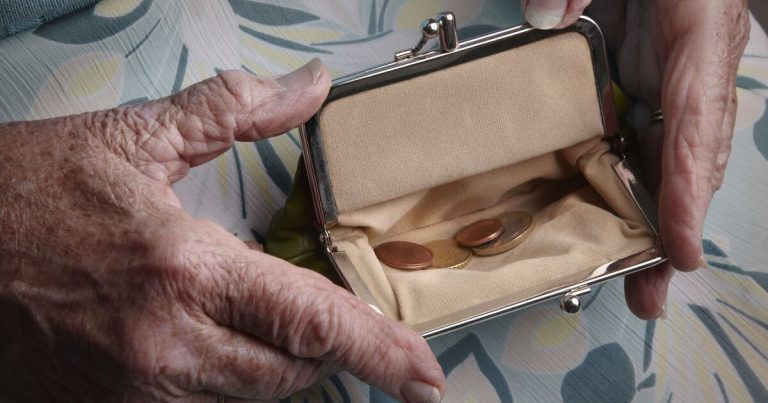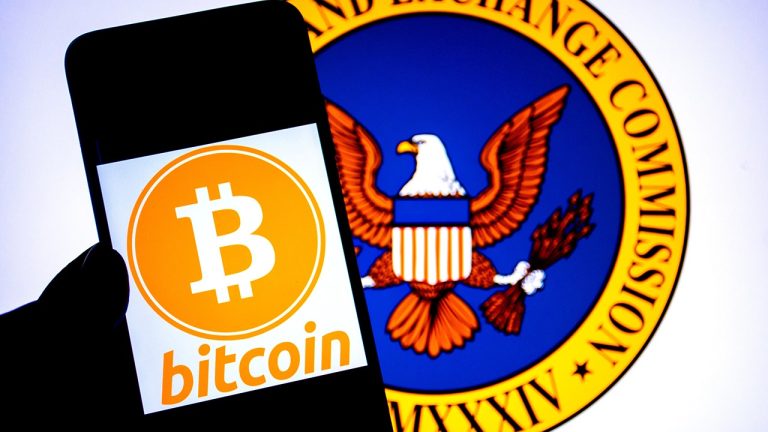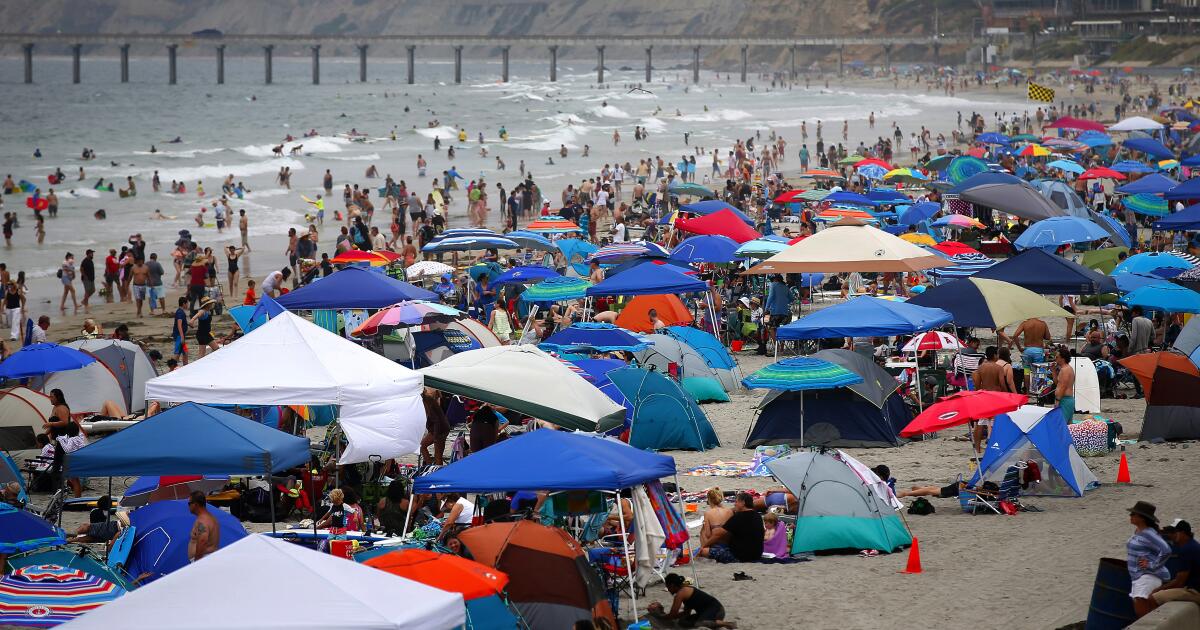

San Diego is no longer allowing private companies to stage picnics, corporate events, large parties, bonfires or similar organized activities on any city beach.
The affected companies say the ban leaves many thousands of tourists without services they rely on to make their vacations memorable. They also call it an arbitrary crackdown enacted without a City Council vote.
A city spokesperson said the crackdown, which comes as spring break is beginning and just before the busy summer beach season, was prompted by complaints from beach-goers and nearby residents.
Beach-goers often get asked to relocate on the sand to make way for large parties, said the spokesperson, Nicole Darling. And some parties are so large that they limit public access to popular beach areas, she said.
The parties are also often noisy and sometimes run into late-night hours, prompting complaints from nearby residents — especially on weeknights, Darling said.
And while tourists sometimes use the party companies because they can’t bring chairs and other party equipment on planes, Darling said much of the business these companies do is corporate events.
The outright ban is a shift in direction for San Diego officials, who announced in 2022 that they were exploring a formal permitting process for businesses that host beach events to bring some order to a sometimes-chaotic industry.
Many of the companies embraced the idea of a permitting process, despite city officials suggesting new requirements like insurance policies and new fees for things like equipment setup.
But city officials told the companies last fall that they had decided to re-evaluate the idea of a formal permitting process. This winter, they announced a complete beach ban and said it would take effect Feb. 1.
To soften the blow, city officials announced that such events could still take place at 12 sites in city parks — five in Mission Bay Park, four in shoreline parks and three in Balboa Park.
Some community leaders in beach neighborhoods say the city should have followed through with the permitting idea for the companies, instead of opting for a blanket ban that may be hard to enforce.
“In my opinion, the city has dropped the ball,” said Larry Webb, president of the Mission Beach Town Council and leader of the Coastal Coalition, an umbrella group of beach communities.
The permitting process would have allowed the private companies to operate legally and be regulated by the city, similar to kayak rental businesses and surf camps, Webb said.
Jean Walker, who owns one of the event companies, said that type of regulation is all she has ever wanted.
“I created a coalition of vendors so we could try to get a real permitting process,” said Walker, whose company is called Beach Genie.
That would have brought some order to a chaotic situation by codifying the city’s expectations and making it easier for the city to weed out bad actors who violate bans against using glass and serving alcohol, Walker said.
She said creating a permitting program is not that complicated, noting that the city of Oceanside and the state, which oversees local beaches in Carlsbad and Coronado, each have their own beach business permitting programs.
Darling said that although the city considered a permitting process at one point, the ban has been a long time coming.
She said city officials have been contemplating banning beach events organized by private companies, which the city refers to by the umbrella term “luxury picnics,” since early in the COVID-19 pandemic.
Darling said beach events got larger, louder and much more common during the pandemic, primarily as an alternative to bars and restaurants that were closed for many months.
The city’s Parks and Recreation Department created a new webpage last Friday for luxury picnics, and department officials say they’ve begun contacting the roughly 100 companies that stage beach events in San Diego to let them know about the ban.
“The Parks and Recreation Department has created a permitting process for commercial activity for pop-up and luxury picnics in coastal areas and in Balboa Park,” said Benny Cartwright, a department spokesperson. “Commercialized activity on parkland and beaches is currently illegal, however these new guidelines will expand opportunities for commercial vendors to conduct business legally within 12 permittable locations.”
The permittable locations are Fanuel Park, Sunset Point, Ventura Cove, Playa I and Vacation Isle West on Mission Bay, t he Arbor and Botanical Lawn East and West in Balboa Park and shoreline parks Ellen Browning South, Saratoga, South Palisades and Sunset Cliff-South Cuvier.
Rene Contreras, who owns BluLite Bonfires, said the ban came out of nowhere with no warning to the companies, no public hearings and no vote by the City Council.
Darling said that’s because such commercial activities are already illegal under the city’s municipal code — they just haven’t been enforced.
Contreras and Walker say it’s unfair for the city to ban the events they stage but keep allowing beachfront hotels to rent out equipment for parties and other events.
“We feel like we’ve gotten the cold shoulder,” said Contreras. “It’s hard not to think there is a hidden agenda that led to the high-end resorts getting grandfathered in.”
Darling said comparing rules for high-end resorts to rules for companies that stage beach events is not an apples-to-apples comparison.
Walker predicted the ban will make things worse, not better, calling it essentially unenforceable. The city has just two park rangers to enforce the ban across a large area that includes Ocean Beach, Sunset Cliffs, Mission Beach, Crown Point, Pacific Beach and all the beaches of La Jolla.
She also said many smaller companies have told her they plan to ignore the ban until they get cited. Instead of a formal permitting process that could have required the companies to have insurance and pay city fees, enforcing a ban will return San Diego beaches to anarchy, Walker said.
Aides to Councilmember Joe LaCava, who spearheaded the effort to create a permitting process before it was abandoned, declined to respond to questions about the ban. LaCava’s district includes La Jolla and Pacific Beach.


